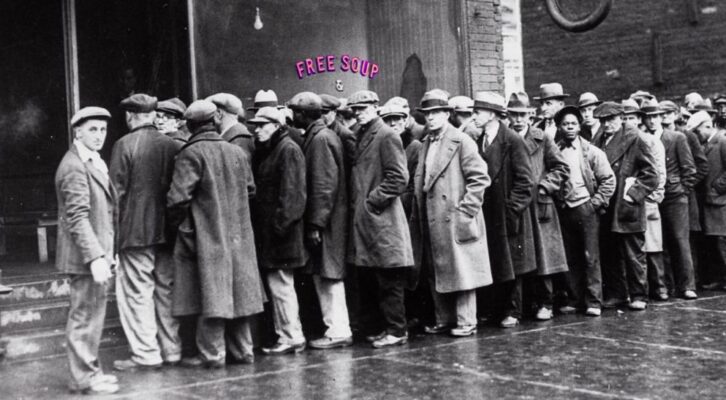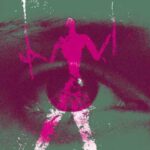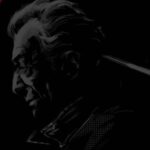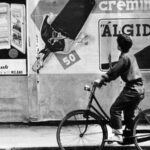The CrimeReads editors select the year’s best espionage novels.
*
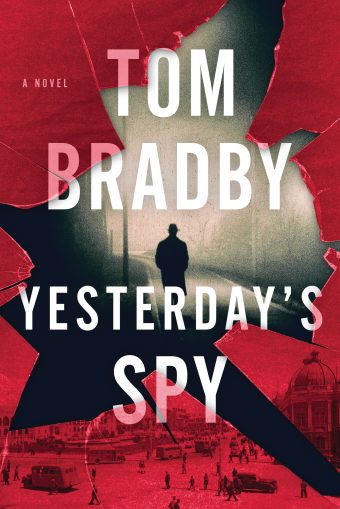
Tom Bradby, Yesterday’s Spy
(Atlantic Monthly Press)
Bradby’s historical novel manages to be a nuanced meditation on a father and son’s relationship and a dizzying, entertaining swirl of international politics and spycraft. In 1952, an old hand from British intelligence, recently retired and widowed, travels to Tehran to search for his vanished son, a reporter who has published highly damaging information about government officials and the opium trade. The search takes him through an odyssey of backroom deals, foreign power jockeying, and political tensions that are quickly on their way to a boil. Bradby paints an expansive portrait of a city and a political era rarely seen in fiction. –DM
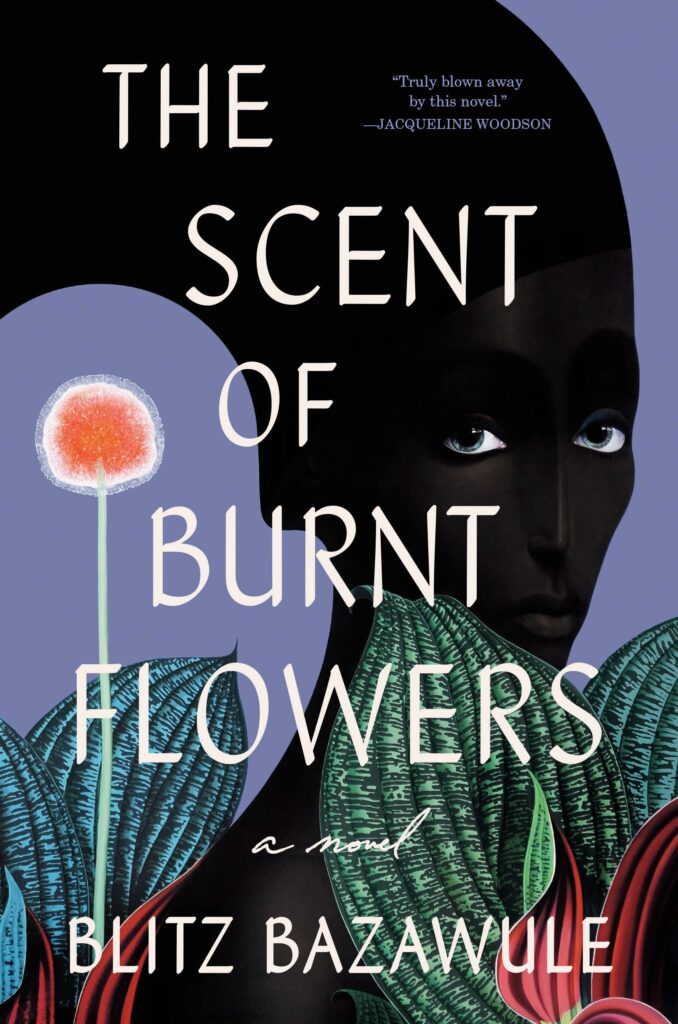
Blitz Bazawule, The Scent of Burnt Flowers
(Ballantine)
After a terrifying attack, a Black couple flees Alabama and ends up with new identities and a new life in 1960s Ghana, in this powerful debut from Blitz Bazawule. With an FBI agent on their trail, the Americans look for refuge from an old friend, the African nation’s new President, himself a target of CIA plotting and subterfuge. Bazawule brings to life a moment of great political tumult and consequence, but with a human story at the center, as the characters try to carve out a bit of peace for themselves in a world that seems hellbent on delivering them violence. –DM

Chloe Gong, Foul Lady Fortune
(Margaret K. McElderry Books)
This historical fiction YA is set in 1931 Shanghai and features two pairs of spies—one nationalist, the other communist—as they go deep undercover and try to prevent the coming Japanese invasion. Chloe Gong adds in magic, romance, and supernatural killings for one of the best cross-genre works I’ve read. A fast-paced, tightly-plotted delight of an espionage novel. –MO

Charles Cumming, Box 88
(Mysterious Press)
A beguiling new novel from one of the modern masters of spy fiction, Box 88 does double duty—at once an edge-of-your-seat thriller with world order and innocent lives at stake; also a coming-of-age tale, one that looks back at the first formative days of a spy’s recruitment and training. Cumming weaves together the threads—one set in 1989, the other in 2020—with admirable skill, spinning a tale that will leave fans of erudite, adrenaline-soaked espionage fiction highly satisfied. –DM
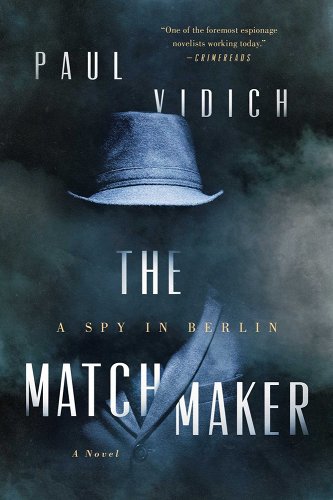
Paul Vidich, The Matchmaker
(Pegasus)
Any new spy novel from modern master Paul Vidich is cause for celebration, and that’s particularly true this year, as he seizes on a fascinating chapter of the Cold War, zeroing in on “Romeo” agents in Berlin–Stasi operatives sent to court vulnerable women who could give them reliable cover for activities in the west. Vidich follows the upending of one woman’s life as she learns of her disappeared husband’s secret life and motivations, launching into a mission to expose the network. Vidich develops complex characters like no other spy novelist at work today. –DM
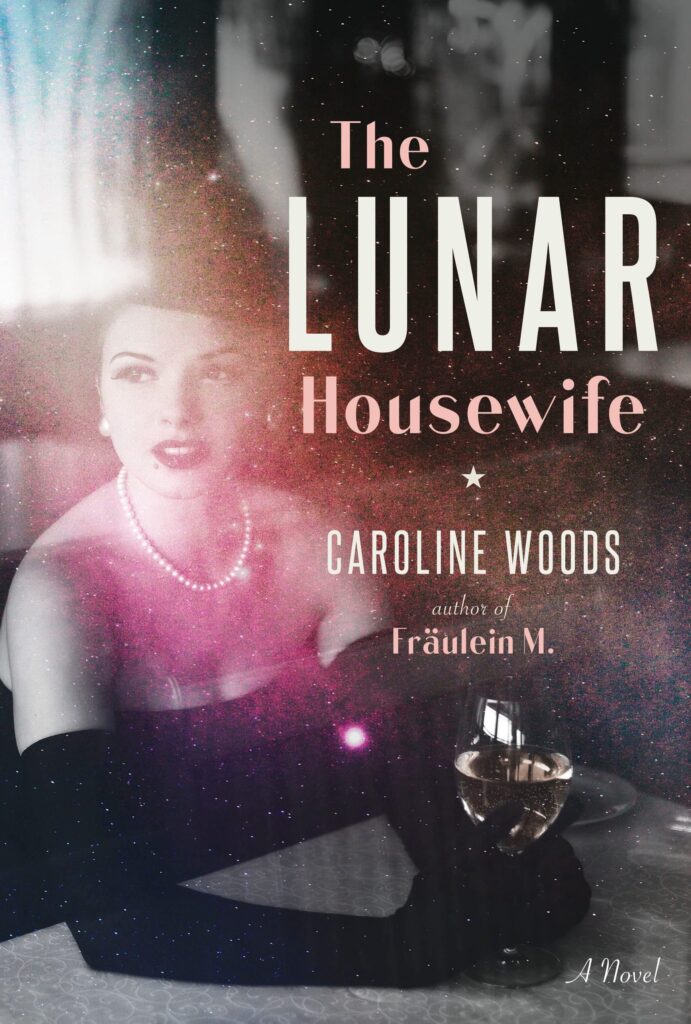
Caroline Woods, The Lunar Housewife
(Doubleday)
Woods offers up a heady mix of espionage, historical fiction, and literary mystery with The Lunar Housewife, set in a richly-evoked midcentury downtown New York literary scene, where her protagonist finds herself somewhere at the intersection of the artistic vanguard and the spymaster’s crosshairs. The story follows the arc of a new literary magazine in which the government has taken a keen interest, leading to a swirl of paranoia and double-crosses. –DM
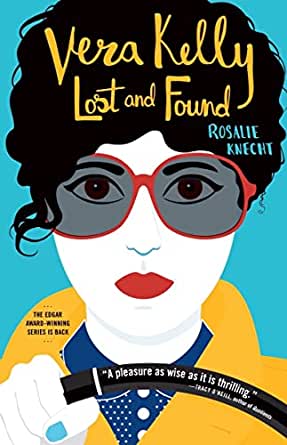
Rosalie Knecht, Vera Kelly Lost and Found
(Tin House)
Vera Kelly is back! If you’re not reading her rolicking adventures from spy-hood to PI-dom, you absolutely should. In this third installment, which takes place in the spring of 1971, Vera and her girlfriend Max head to Los Angeles to visit Max’s estranged family, now in ruins. Max’s parents are divorcing, her father is engaged to a younger woman and is being influenced by “an occultist charlatan” (via the book description but I love this phrase), her mother has up and left, and soon, Max herself winds up missing. And Vera is the only one who can find her. –OR
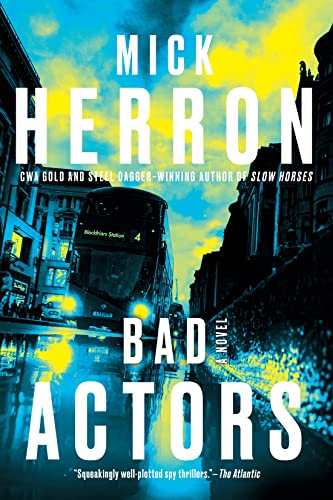
Mick Herron, Bad Actors
(Soho)
Mick Herron’s sensational espionage series is winning plenty of new devotees thanks to the Apple TV adaptation, and just in time Herron is back with a new story of Britain’s passed-over and put-out spies, led by Jackson Lamb, this time drawn into a complicated game involving a senior political operative who’s gone missing and a Russian spy chief who’s off the grid in London. Herron brings his inimitable style to cat-and-mouse action and continues with his vivid portrait of the so-called “intelligence” world. –DM
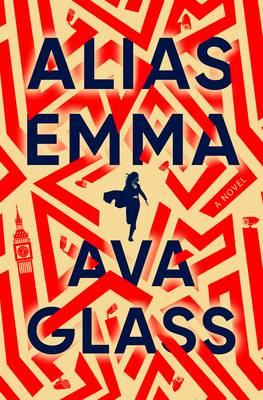
Ava Glass, Alias Emma
(Bantam)
A high-octane spy thriller in the Ian Fleming mould, Alias Emma introduces a new protagonist onto the scene of international intrigue, with a nervy mission to rescue the family of a Russian dissident, pitting our hero in a cat-and-mouse game against Russian intelligence, and the clock. –DM

Anna Pitoniak, Our American Friend
(Simon and Schuster)
An exhilarating ride through recent Cold War highlights, framed cleverly with the story of a disenchanted journalist hired to ghost write the First Lady’s memoir; in this case, the First Lady comes from the Soviet orbit, is a former model, and has shadowy ties to the KGB. So why is she revealing her secrets now? That’s the question that will keep you reading. –DM





